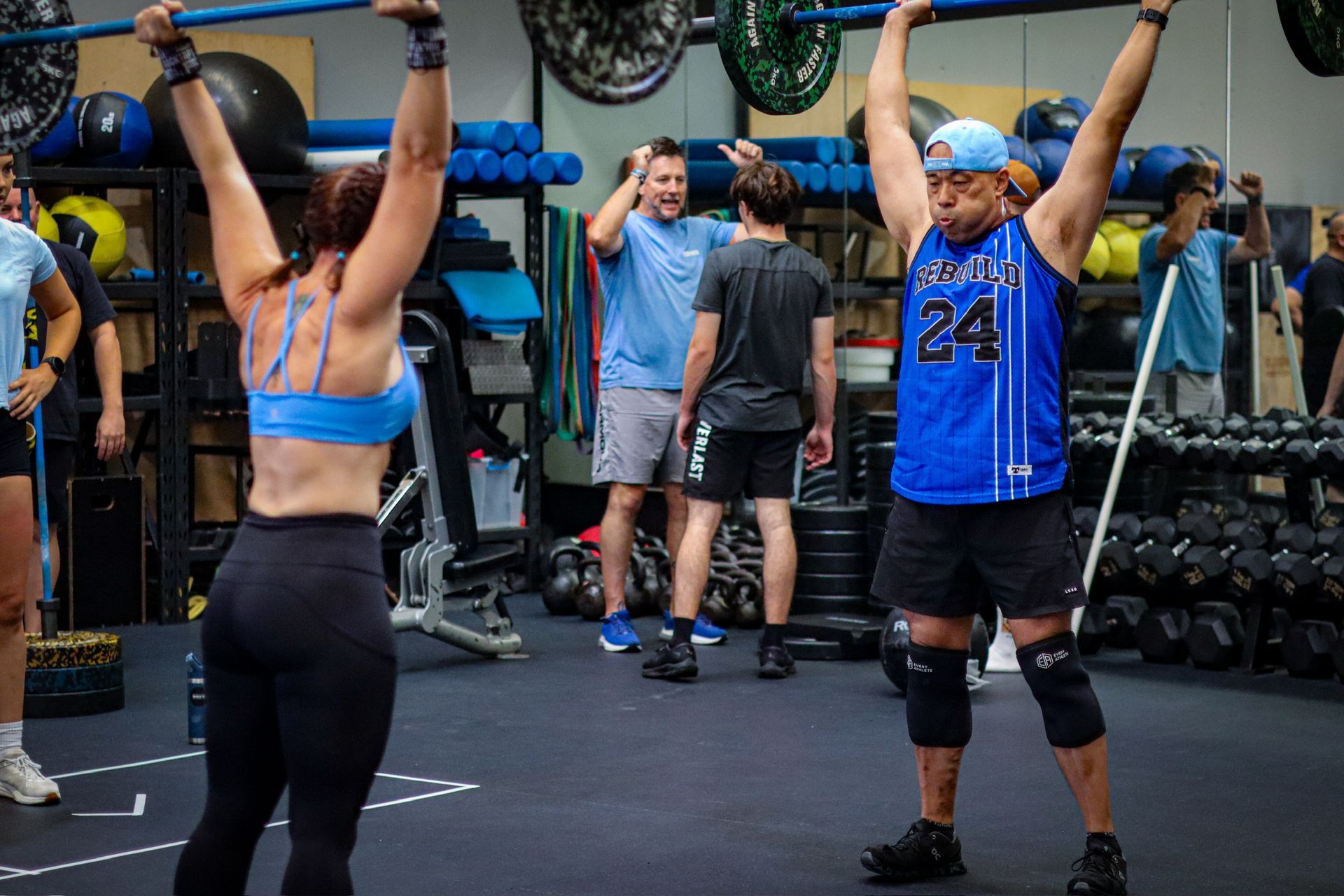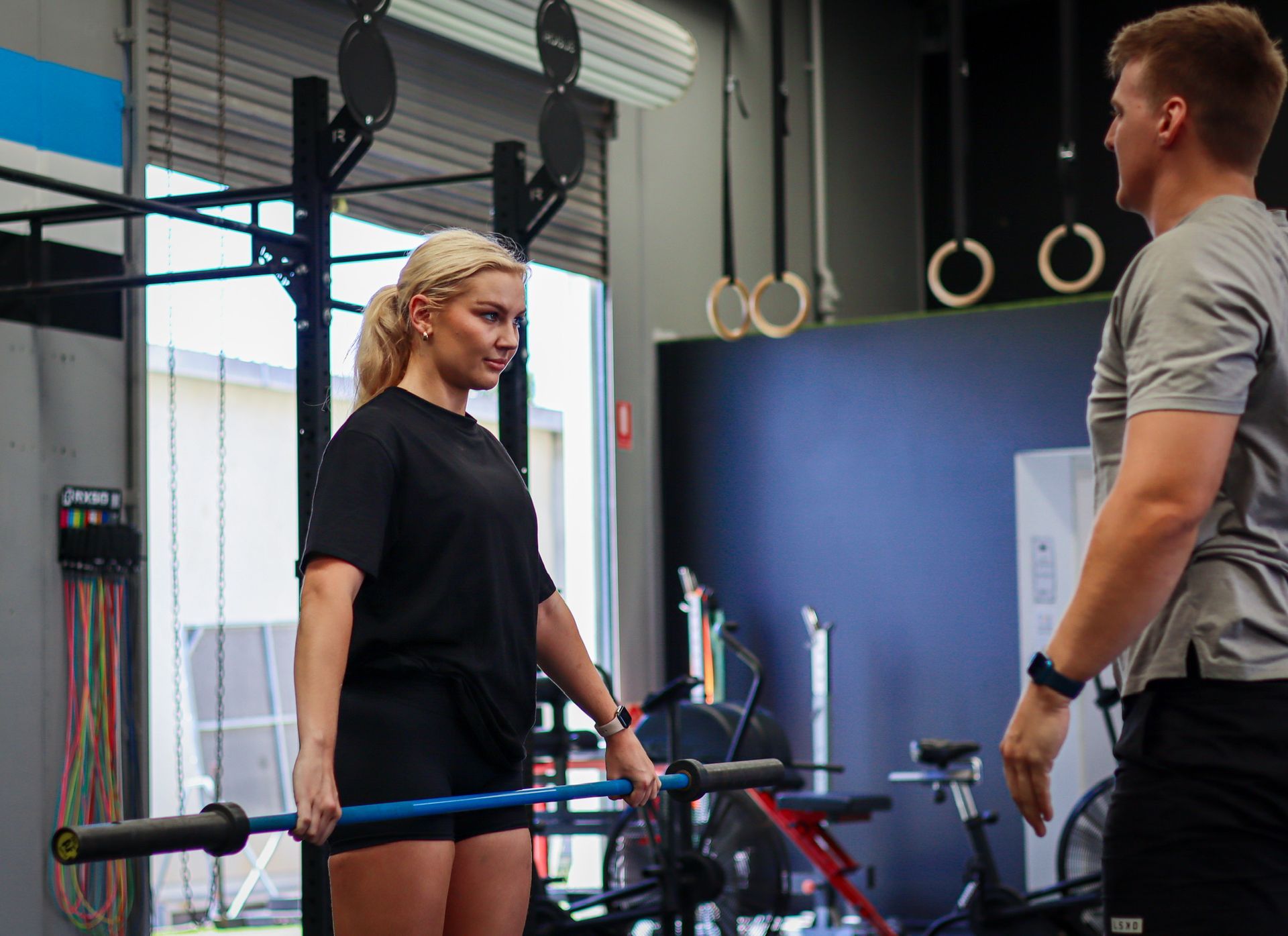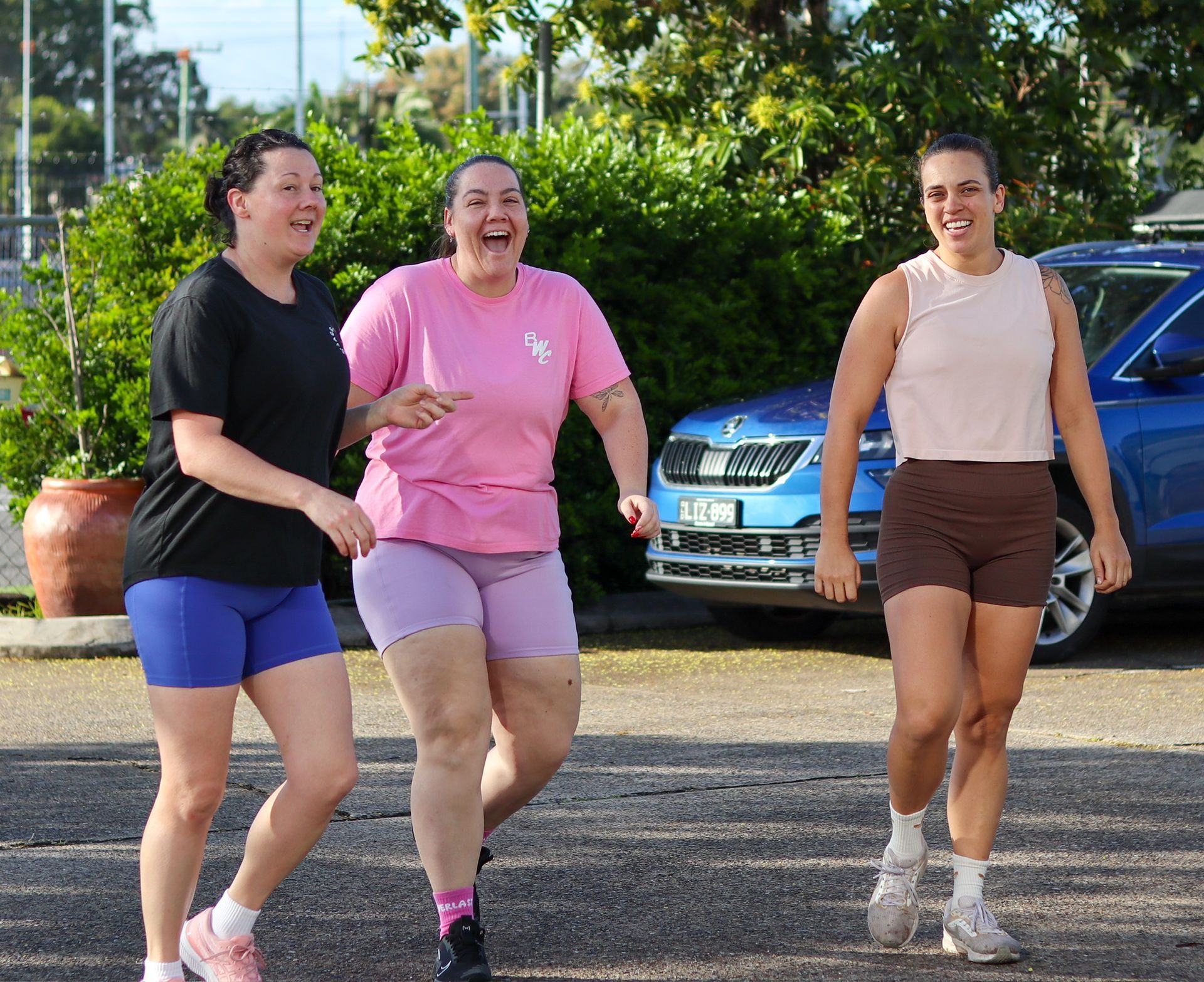How To Find A Good Physiotherapist Or Allied Health Practitioner
The field of allied health is a contentious one – there are excellent practitioners from physios to chiropractors but as with any industry, there are some to look out for. From physiotherapists to exercise physiologists, chiropractors and osteopaths, there are different opinions about what people need and it’s about finding the right practitioner for your needs. But there are a few things to be wary of. Rebuild Health and Fitness’s in-house physiotherapist, Louis Savill touches on some ways to identify a practitioner to suit your needs. We’ve spoken about what to do when you’re injured and when to use a chiropractor v osteopath v physio. (NB: They all are fairly similar in terms of treating you). Citing an article featured in the Sydney Morning Herald, written by another fellow physiotherapist, Louis says the piece was disappointing and outright incorrect. “The article was about the big three gym lifts, so the deadlift, the squat, and the bench-press. From a technical proficiency perspective, he clearly didn’t understand powerlifting, and it was just full of bad advice, talking about how risky these things were in a way that just isn’t true. He spoke about the deadlift being potentially the most injurious thing in the gym. I mean, if you look at the research into injury risk in weightlifting- we’re talking about powerlifting and Olympic lifting, it has a significantly lower injury rate than running and most sports,” explains Louis. “This bloke has a background in AFL - it’s a collision sport where people are flying around, taking each other out left and right and centre. They’ve got a high ACL injury rate, a high hamstring injury rate. I guarantee you he’s not telling people off of playing AFL, but this bias and perception come way like that’s not safe, it’s just not right. “Ultimately that may be true for you at a point in time if you’ve got a big issue, right? If you’ve got a broken arm or ankle, you probably shouldn’t be doing a sport that could be harmful again, it probably is dangerous for you but at the end of the day, that physio should be able to take you from there back to performing the thing that you want with potentially some modifications depending on the person. So, I’d say a big red flag is if they are just dismissing you based on your activity immediately. “They’re showing they don’t understand it and they can’t help you get back to it,” says Louis. What about testimonials? Testimonials are a great way for businesses to gather more support and clients. This is mainly because it adds a level of trust among potential clients and builds a certain amount of reputation for the business/professional. However, it’s worth discussing whether testimonials are even fair or trustworthy when it comes to the medical profession – given the differences in diagnoses, treatments and the severity of the issue. Louis understands why certain guidelines have been put in place as they may end up misleading the public. “I understand why they’re in place to an extent because certainly using testimonials can be very misleading when they’re giving an overly optimistic impression of how effective your treatment was. Obviously, I’m under no illusion, I can’t help everyone or solve any problem. Alright? And I think that selectively using these positive testimonials can be misleading. But, when it’s just simply talking about something like, ‘I had this good outcome and this guy really knows and understands this activity,’ I don’t really see anything wrong with that. People can leave us Google reviews, but we can’t then, as physios, grab that and use it on our website. “As for finding someone who works for you, I guess you just want to search for somebody who understands your activity, who has shown experience working in your activity. I think that’s the thing with physios - we have a general broad education and over time, depending on their experience and work, you find a bit of a focus and that becomes your niche. “I’d say that probably where I’ve niched myself a bit is helping Rebuild members and community - and with my work here over the last four years, I’ve gotten fairly good at dealing with that population and understanding their needs, and helping progress them back to what they want to do,” he says. So what should you look for? Speak to a practitioner about your needs, and they will advise how they can help you. Ensure you give them a clear picture of your activity and needs, and listen to them and how they can help. Ensure you’re comfortable with the course of action and them as a practitioner. It’s always okay to get a second opinion.
Previous Blogs




